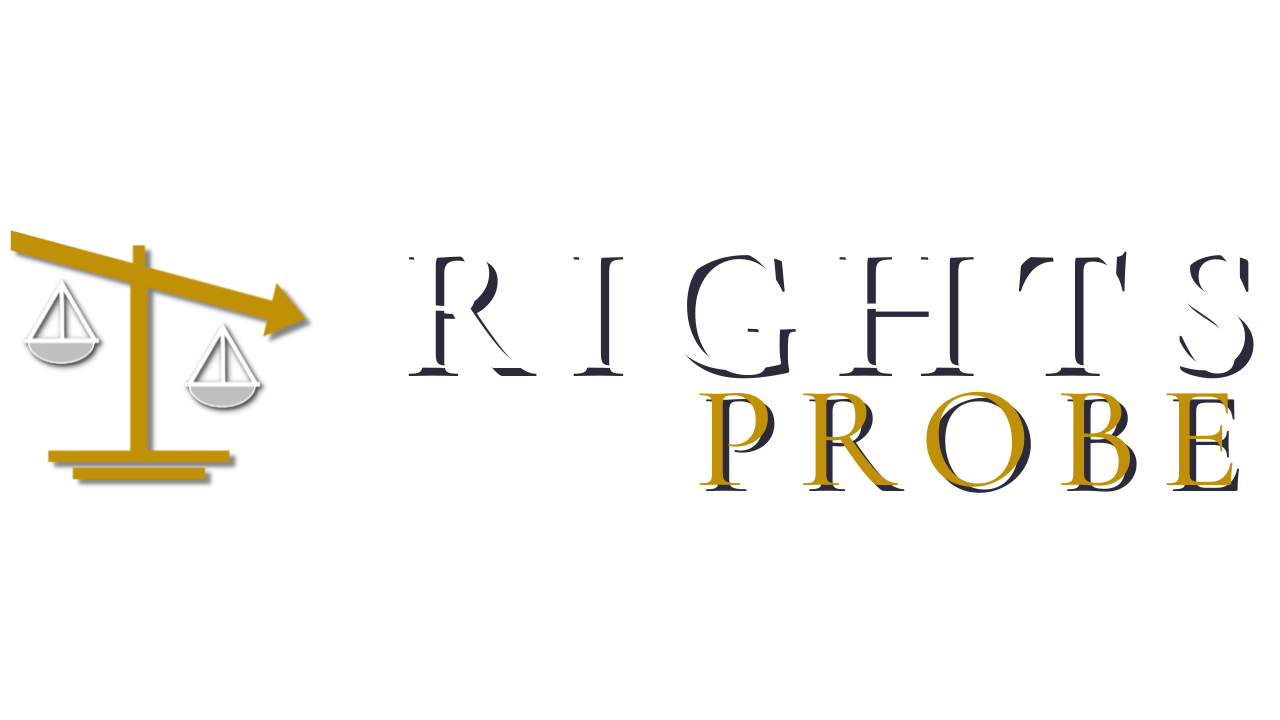A matter of accommodation
Bruce Pardy, a professor of law at Queen's University, has argued recurrently on the topic of academic accommodations for students. In a 2017 piece for the National Post he writes:
Academic accommodations, such as “extra time for mental disabilities” are “as unjust to other students as a head start would be to other runners.” The aim of examinations, he contends, is to differentiate among students based on “how well they can think, learn, analyze, remember, communicate, plan, prepare, organize, focus and perform under pressure. Discrimination is one of the purposes of the exam. That discrimination is not illegal or inappropriate. No accommodation need be made.
“Other kinds of disabilities can be accommodated,” he continues, “because they are not what the exam is testing. Blind students, for example, may need to access exam questions with a text reader. Unlike extra time for mental disabilities, such accommodations create no undue hardships for other students in the class.” [See: Mental Disabilities Shouldn’t Be Accommodated With Extra Time on Exams].
This article is referenced in a recent commentary for the U.K.-based magazine, Times Higher Education, by Justin Noia, a visiting assistant professor of humanities at Providence College. [See: Giving Students Accommodations Is a Disservice To Employers].
Noia cites a number of examples that describe why accommodations compromise the objective of academic assessment, and appears to reinforce Prof. Pardy's argument. For example, pre-written memory-aid notecards, contends Noia, undermine the purpose of evaluation to test a student's ability to recall class content.
Noia notes, however, that the perception of fairness for some of his students contrasts with Prof. Pardy's:
It implies that students should be judged based on how they might have fared had they not had disabilities—which, after all, are beyond their control. As the editorial board of The Queen’s Journal, a student-operated newspaper at Queen’s University, stated in reply to Pardy: “Instead of ensuring a higher grade, [accommodations] provide students the opportunity to achieve a result that truly reflects what they can do with their academic capability.”
Both Noia and Pardy emphasize the fundamental benefit of credentialing that assessment provides. The former makes a compelling case, albeit as he advocates for evaluations conducted under the same conditions:
At a certain point, we all have to accept that life is just irremediably unfair. To be generally useful, performance evaluations must provide comparative assessment of ability. This requires comparative fairness, the measuring of like against like, which is why evaluations must be conducted under the same conditions – under which some people will perform better than others because of factors they could not control.
For instance, to determine which scientist should be entrusted with important research, we need to know who performs better (and worse) than peers under real-world conditions, which include distractions, time pressure and team-working. The same goes for surgeons, lawyers, electricians, civil engineers and a whole host of other professions in which underperformance can have dire consequences for patients or clients. A university’s credentialing, involving grading, degree conferral and its own reputation, is vital for assessing relative merit.
Pardy narrows the focus:
The proper purpose of accommodation is to facilitate participation, not to compensate for lack of ability that the test is about. Students who claim extra time for mental disabilities are already able to participate within the normally allotted period. They simply wish to increase their prospects for success at the expense of their peers.
One overlap of prescient interest is a reference to Kurt Vonnegut's 1961 short story, “Harrison Bergeron”. Noia and Pardy each draw on Vonnegut's rendering of a fixation on fairness taken to an absurd extension, where the intelligent are mentally handicapped by signals that interrupt their thoughts, the beautiful are masked, the athletic are rendered not so by deranged means, and so it goes. Set in 2081, Vonnegut's blend of satire and science fiction is another point of view on this theme worth revisiting: see here.
Further Reading
For Students, Not Being Disabled Is the New Disability [Bruce Pardy, 2020]
Head Starts and Extra Time: Academic Accommodation on Post-secondary Exams and Assignments for Students with Cognitive and Mental Disabilities [Bruce Pardy, 2016]
